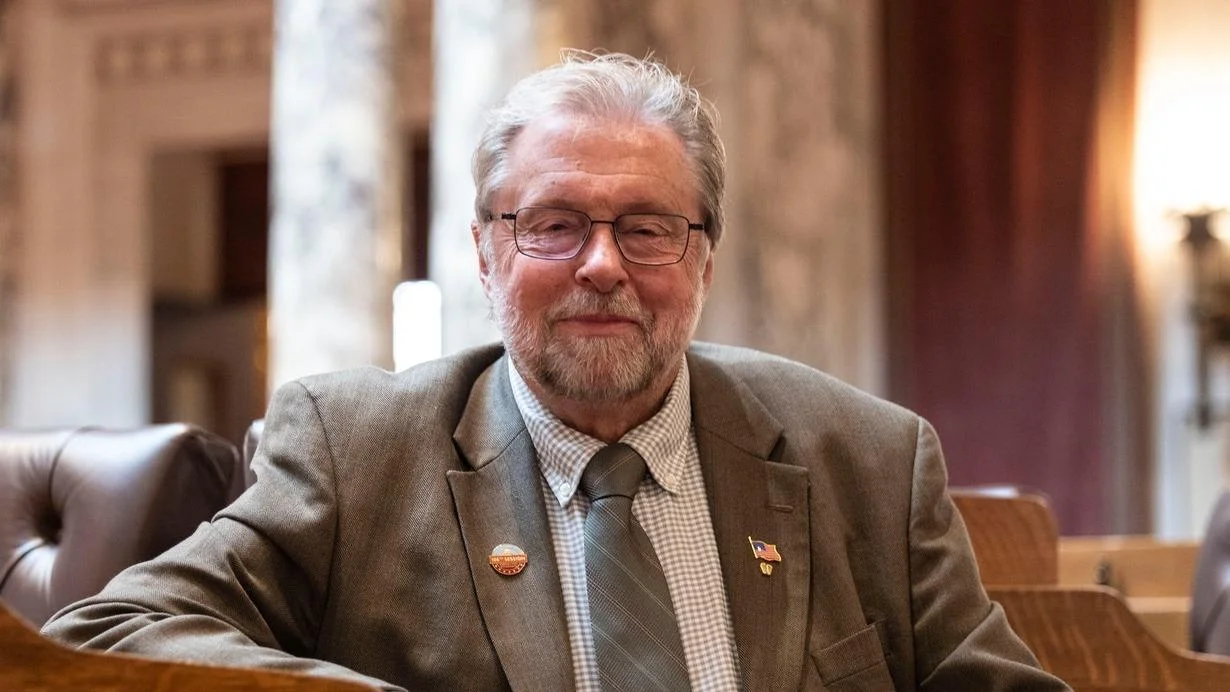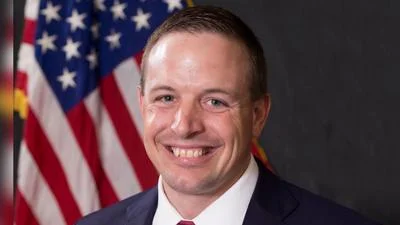Rick Gundrum, Wisconsin State Representative for 58th District | Official Website
Rick Gundrum, Wisconsin State Representative for 58th District | Official Website
According to the Wisconsin State Legislature's official website, the bill was described as follows: "state agency status for certain physician assistants and advanced practice nurses who provide services without compensation for local health departments or school districts. (FE)".
The following is our breakdown, based on the actual bill text, and may include interpretation to clarify its provisions.
In essence, this bill provides that physician assistants and advanced practice nurse prescribers who volunteer services without compensation for local health departments or school districts are considered state agents of the Department of Health Services (DHS) in certain legal contexts. This designation applies when participating in specific programs or services and grants them certain legal protections. If such healthcare providers face legal actions due to their volunteer services, any judgments for damages against them will be covered by DHS. The bill also allows these practitioners to supervise immunization programs under DHS-issued protocols, further ensuring that their volunteer service does not expose them to personal liability. The bill takes effect upon enactment.
The bill was co-authored by Senator Rachael Cabral-Guevara (Republican-19th District), Representative Lindee Rae Brill (Republican-27th District), Representative Calvin T. Callahan (Republican-35th District), Representative Joy L. Goeben (Republican-5th District), and Representative Daniel Knodl (Republican-24th District).
Rick Gundrum has co-authored another five bills since the beginning of the 2025 session, with none of them being enacted.
Gundrum graduated from the University of Wisconsin-Washington County with an AS and again from the University of Wisconsin-Oshkosh with a BS.
Gundrum, a Republican, was elected to the Wisconsin State Assembly in 2018 to represent the state's 58th Assembly district, replacing previous state representative Bob Gannon.
In Wisconsin, the legislative process starts when a senator, constituent, group, or agency proposes an idea for a bill. After drafting, the bill is introduced, numbered, and referred to a committee for review and public input. If approved, it moves through three readings and votes in both the Senate and Assembly. Once both chambers pass the same version, the bill goes to the governor, who can sign it, veto it, or let it become law without a signature. Only a small share of bills introduced each session ultimately become law. You can learn more about the Wisconsin legislative process here.
| Bill Number | Date Introduced | Short Description |
|---|---|---|
| AB12 | 02/06/2025 | State agency status for certain physician assistants and advanced practice nurses who provide services without compensation for local health departments or school districts. (FE) |



 Alerts Sign-up
Alerts Sign-up